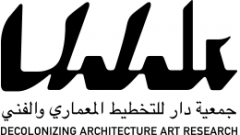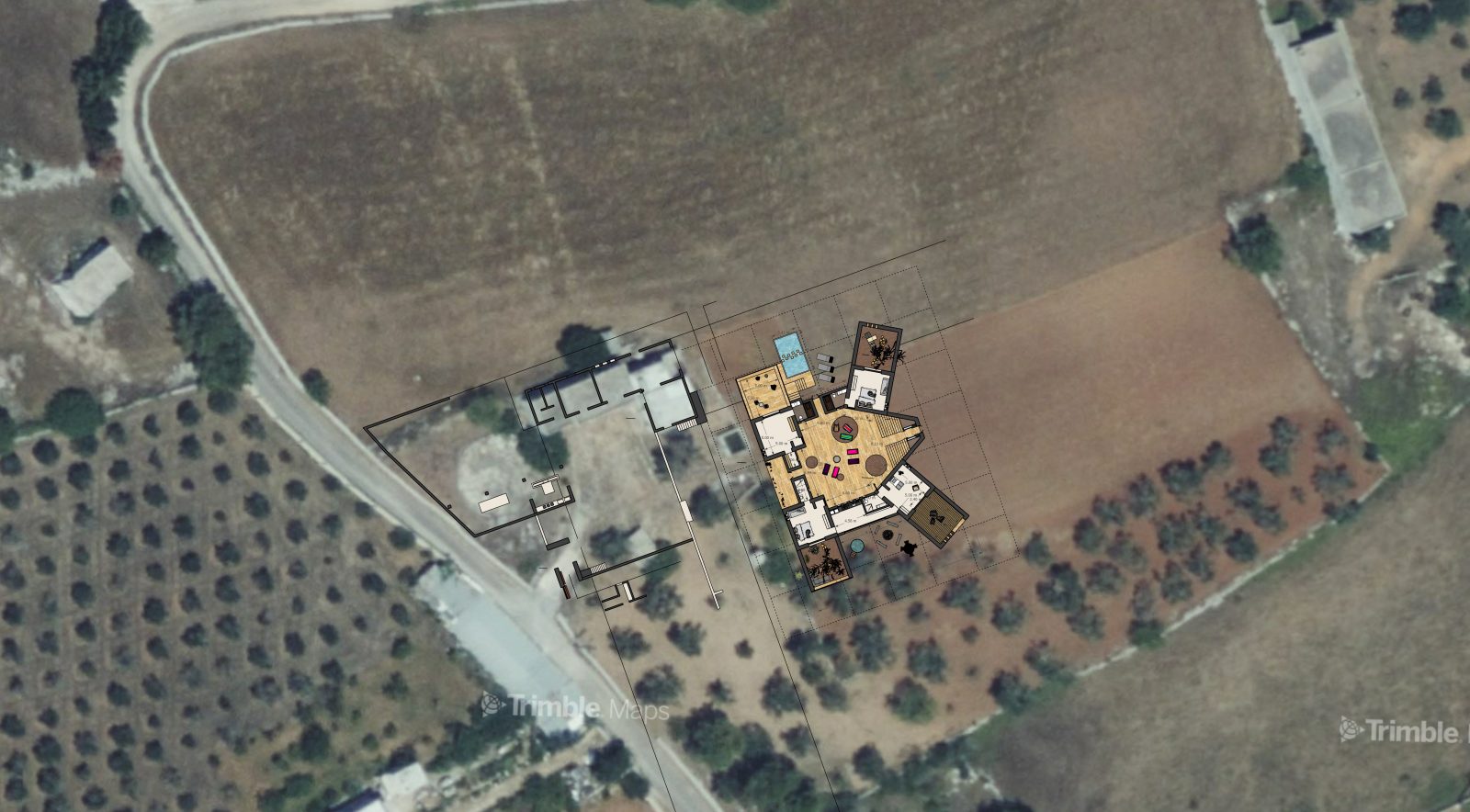April 2, 13:00 – 2024
École d’architecture
de la ville & des territoires
12 av. Blaise Pascal
77420 Champs sur Marne
Paris, France
more
April 4, 19:00 – 2024
Boulevard Art and Media Institute
at Destil Creative Garden
Bulevardi Zogu Pare 1001
Tirana, Albania
more
Over the last years, DAAR has started a series of experiments on commoning from the private. The practice of commoning should not be perceived as a static intermediary category between the private and the public; rather, it is an action, and living process. Commoning, as a verb, embodies a collective practice catalyzed by the agency and creativity of individuals, emerging from both public and private domains. In Western political thought, a distinct divide exists between the public, historically dominated by men, and the private, traditionally relegated to women for domestic unpaid work. Drawing inspiration from feminist emancipatory practices of commoning within the private space of the household and the Arabic notion of Al Masha, historically referring to undivided common land among farmers, we have initiated experiments in commoning as a form of collective inhabitation and sharing rooted in the private realm—the intimacy and emotional landscape of the house.
Our discussion will commence by reflecting on the very name of our practice, DAAR, which means “home” in Arabic and stands for “Decolonizing Architecture Art and Residency” in English. From its inception, we transformed our family home into a space of collective cohabitation for resident artists, architects, and activists interested in exploring the nexus between architecture and politics. Situated in Beit Sahour, Palestine, our home, DAAR, has evolved into the focal point of an extended community of people offering emotional and intellectual infrastructure to navigate life under Israel’s colonization, occupation, and apartheid. Moving on, we will examine Palestinian refugee camps as spaces of commoning and collective inhabitation—an urbanity of exile constructed beyond the dichotomy of the private and the public. We will explore how refugees have redefined the refugee camp from a mere humanitarian space into a political arena with distinctive spatial and political structures. In the latter part of the discussion, we will shift our focus to Europe and showcase recent interventions in the north of Sweden, where newly arrived refugees settle and reclaim the right to be hosts rather than eternal guests. The talk will conclude by sharing insights into two ongoing, unfinished projects in southern Italy. In Diso, Puglia, the practice of commoning takes the form of shared land, while in Borgo Rizza, Sicily, Italy, it manifests in the former entity of the colonization of Sicilian latifundium.

